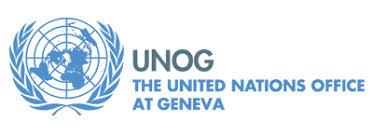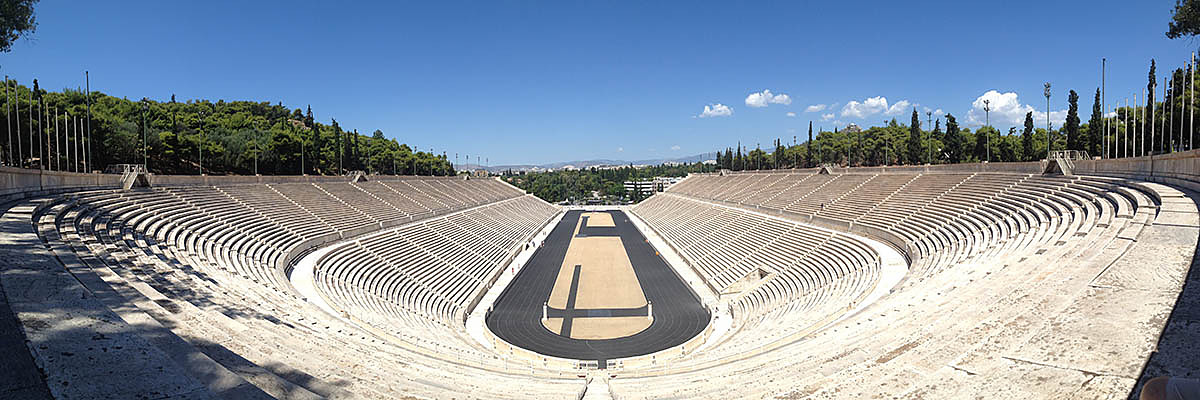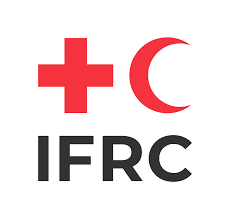United Nations Library Geneva

Founded in 1919 as the Library of the League of Nations, the Library became the UN Library at Geneva when the League’s assets were transferred to the United Nations in 1946.
The Library serves as a central Library for: the United Nations Office at Geneva; the specialized agencies and other intergovernmental and non-governmental organizations headquartered in Geneva; the Permanent Missions in Geneva; interested external students and researchers.
UNOG Library specializes in two major areas:
- It is a complete depository for United Nations documents and publications and it maintains a comprehensive collection of materials of the specialized agencies and the United Nations affiliated bodies.
- It collects books, periodicals and electronic resources to support the programmes and activities of the Organization: international law, international relations, political science, humanitarian affairs, human rights, refugees, disarmament, economic and social development, etc.
- As the former library of the League of Nations, the collections also include some rare materials from the pre-League period.
Highlights of the UNOG Library Collections:
United Nations and Specialized Agencies - The Library houses all United Nations documents and it maintains a comprehensive collection of materials of the specialized agencies and the United Nations affiliated bodies.
Legal and Political Collections - The collections contain books and publications covering international relations and national and international law (dictionaries, encyclopedias, bibliographies, yearbooks, law digests, treaty series, law codes, and monographs).
Economic, Social and Statistical Collections - The collections holds books and publications on economic and social topics such as business, finance, trade, transnational corporations, transport, energy, environment, population, status of women, etc. The collections also contain the latest official statistical publications from most countries of the world and from many intergovernmental and non-governmental organizations.
UNHCR/Refugee Studies Collection - In 2008 the UNHCR Library was closed and its entire collection was transferred to UNOG Library. UNOG now offers access to all of these materials and continues to build on this collection, regularly purchasing books and electronic subscriptions that support refugee studies research and the work of UNHCR staff.





